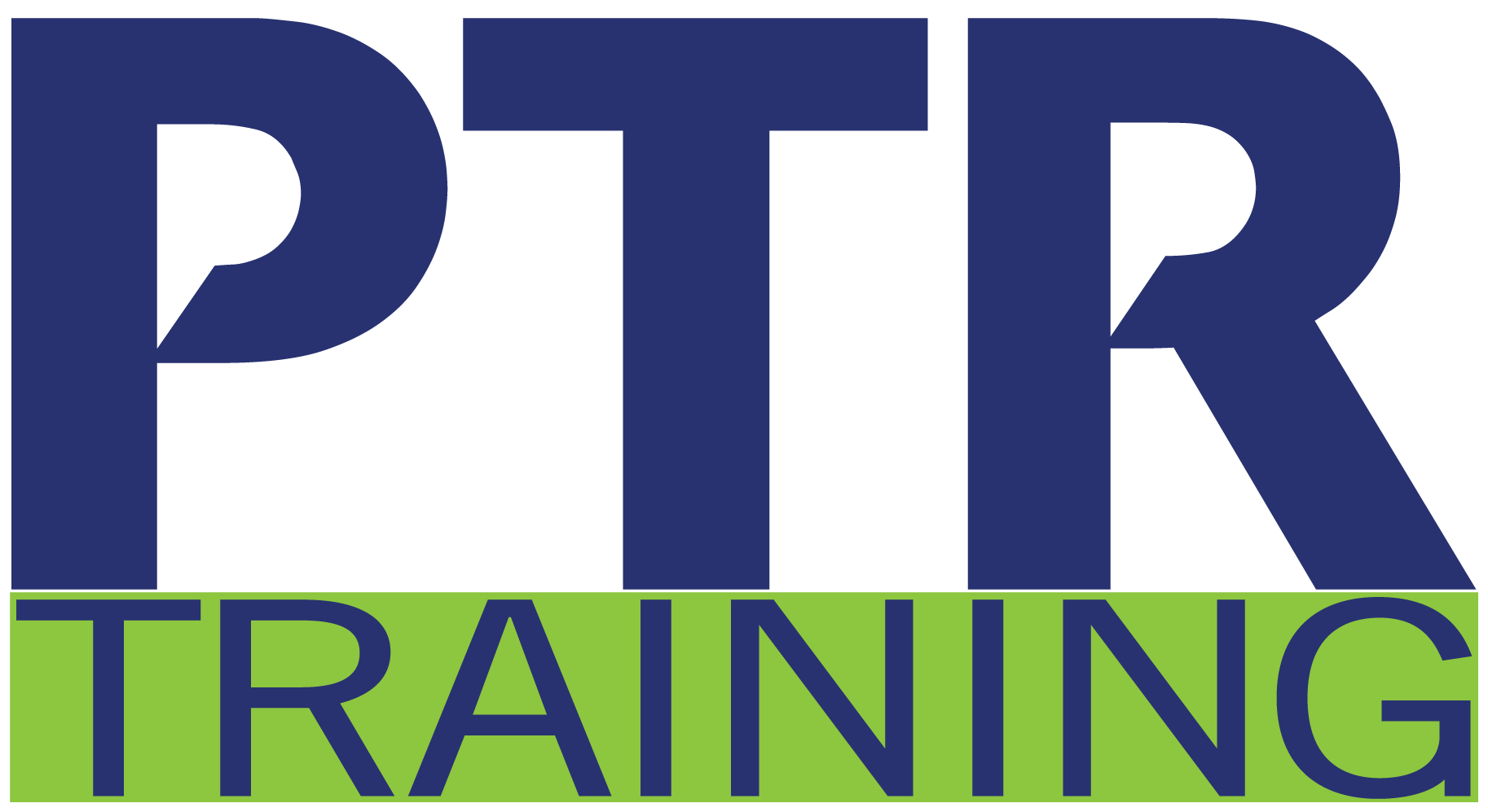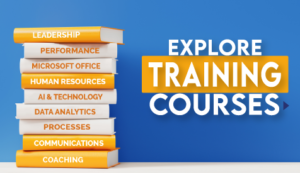This intensive course will empower organizations by cultivating a robust data culture in the workplace. You will apply insights into the critical components of a modern data culture and understand the significance of data in organizational contexts. We will equip leaders and staff with the tools and knowledge to transform your organization into a data-savvy entity.
Learning Objectives »
- Understand the characteristics of organizational data culture.
- Identify the role and requirements for leading culture growth.
- Develop data culture and data literacy.
- Apply best practices for data governance.
- Utilize a strategic approach for operational efficiency.
- Create long-term goals and vision for successful data analysis and decision-making.
Course Agenda
Introduction to Data Culture
- What is Data Culture?
- Key Characteristics of Data Culture
- Components of Strong Data Culture
- The Importance of Data Culture
- Why Data Culture Matters
- Measurable Benefits of Data Culture
- Overcoming Barriers
- Leadership Actions for Data Culture
- Solution Storming
Fostering a Data-Centric Environment
- Data-Centric Environment
- Assessing Your Current Environment
- Environmental Support Systems
- Addressing Environmental Barriers
Critical Components of a Workplace Data Culture
- The Data Journey: Past to Present
- Drivers of Data Evolution
- Challenges in Data Evolution
- Elements of a Strong Data Culture
- Applying the Five Pillars Framework
- Measuring Cultural Strength
- Growing Your Data Literacy
- Personal Data Literacy Development
- Enhancing Decision-Making
- Decision-Making Techniques
- Avoiding Decision-Making Pitfalls
Developing Operational Efficiency
- Understanding Operational Efficiency
- Efficiency Opportunity Areas
- Measurement and Monitoring
- Implementation Tools and Techniques
- Process Improvement Workshop





